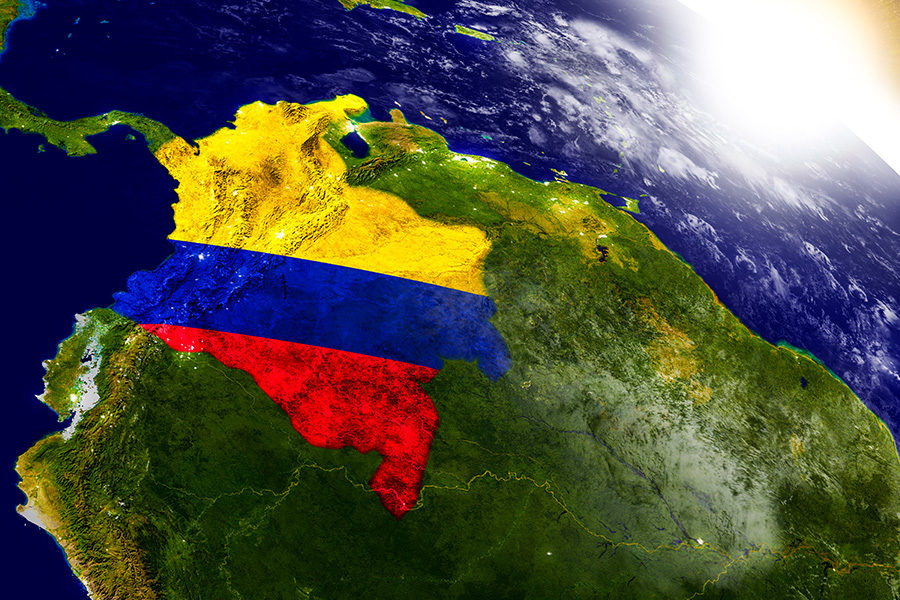
The adjustment is part of the project sent by the Executive to raise more in the 2025 budget.
Colombia.- Almost a month after the Colombian Government's presentation to Congress of a new tax reform project, which aims to cover a COP12 trillion (USD2.800m) deficit in the 2025 budget, a new point was revealed concerning gambling: the increase in the tax that prize winners must pay.
One of the articles of the document presented by the Ministry of Finance on September 10, would modify article 317 of the Tax Statute, which regulates occasional earnings from lotteries, raffles, bets, and similar activities.
In this regard, it seeks to set "a 25 percent rate on the tax on occasional earnings from lotteries, raffles, bets, and similar activities". According to the current Tax Statute, this tax is set at 20 percent.
With this modification, and if the project is approved, if a person wins a prize of COP10,000,000 (USD2,375) in a lottery, the tax deduction would increase from COP2,000,000 (USD475) to COP2,500,000 (USD594).
The Minister of Finance, Ricardo Bonilla, explained in statements to the press: "It is a law to complement the financing of the 2025 budget by 12 trillion pesos and has three main axes: The first, some stimuli for economic reactivation; second, the identification of new sources of tax revenue, and third, an adjustment in the fiscal rule."
See also: The contribution of Colombian territorial games to the health sector is on the rise: between January and August, more than USD95m was transferred
The Colombian Congress must approve the 2025 budget in the coming weeks, with the majority of the opposition even insisting that the deficit is greater than those 12 trillion pesos.
The President Gustavo Petro warned: "If Congress does not approve the budget, the Constitution says that the Government decrees it." The new tax reform project seeks "to reduce the income tax for all companies in Colombia and more so for small and medium-sized enterprises" and to finance "the imbalance with the surcharge on oil and coal, the coal rate, with VAT on games of chance and gambling online, and the reduction of exemptions."
It is worth noting that one of the novelties of the bill that alerted the gaming sector was the proposal to raise taxes on online gambling platforms.
The project proposes a 19 percent VAT for games of chance and gambling operated exclusively online. Today, these platforms do not pay this tax and will be on the same level as localized games (casinos).
In the justifications of the project, the government says: "Games of chance can be considered luxury goods. Unlike essential goods, such as food and medicine, which are part of the basic basket, games of chance are not necessary for daily life or for the fundamental well-being of people. By taxing these luxury goods with VAT, it ensures that those who have the capacity to participate in these services contribute progressively to the tax administration, without affecting those who do not participate in these activities. A key aspect of games of chance is their inelastic nature. In economic terms, this means that the demand for these services would not be significantly affected by changes in price, such as an increase due to the application of VAT."
And it adds: "The current exclusion of VAT for online gambling creates a distortion in the market. This is because these digital services enjoy preferential treatment compared to physical establishments that offer gambling and are already taxed with this tax. This difference in tax burden can lead to unfair competition and market distortions, where consumers might opt for online platforms to avoid paying taxes, negatively affecting physical operators who comply with their tax obligations."
Furthermore, the document explains that "by applying VAT to online platforms market conditions are equalized, promoting fair and balanced competition among all operators, regardless of the channel through which they offer their services."









